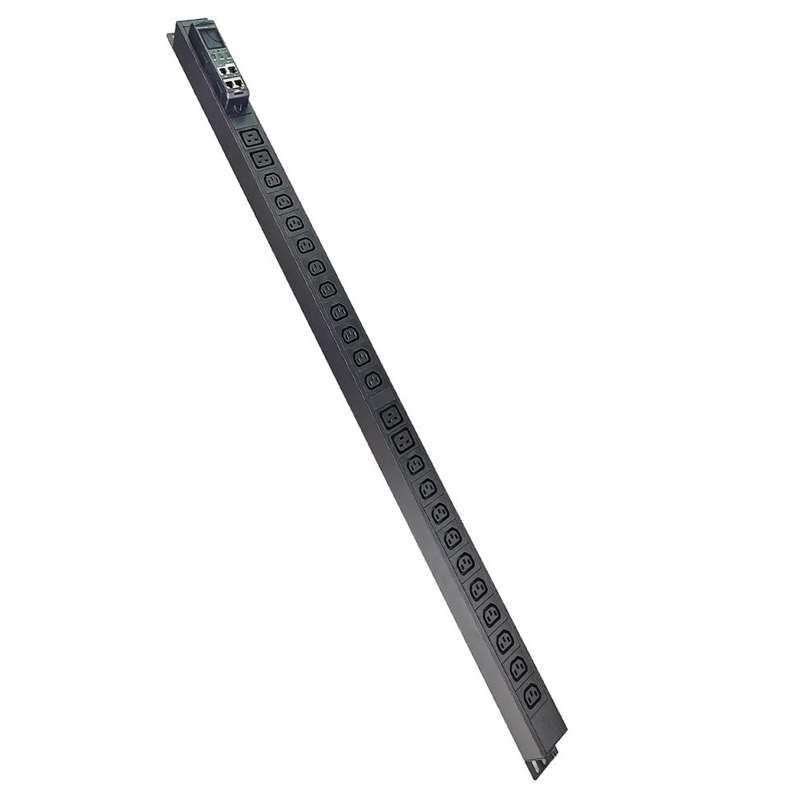
Did you know that over 80% of electrical failures in commercial buildings can be traced back to poor distribution systems? That’s a staggering number! Enter the electrical distribution unit (EDU), a game-changer in ensuring efficient power management and reliability. But wait, there’s more—these units are also stepping up their game when it comes to sustainability!
The Lowdown on Electrical Distribution Units

So, what exactly is an electrical distribution unit? In simple terms, it’s like the brain of your building’s power system, distributing electricity where it’s needed most. When we talk about transportation attributes, these units are designed for easy installation and mobility—think lightweight materials and compact designs that make them perfect for shipping. Plus, they play a crucial role in Circular Economy Practices by promoting energy efficiency and reducing waste through smart design choices.
Diving into the 10 Port Powered USB 3.0 Hub & Circular Economy Practices
Now let’s get specific with one popular type of EDU—the 10 port powered usb 3.0 hub! This little gadget not only powers multiple devices but does so while being eco-friendly. It minimizes electronic waste by allowing users to connect various gadgets without needing separate chargers or adapters for each device. By consolidating power needs into one hub, it supports sustainable practices by extending product life cycles and reducing overall consumption.
Sipolar’s Standout Features in Circular Economy Practices
If you’re looking at brands making waves in this space, Sipolar deserves some serious recognition! Here are some standout features:
- Energy Efficiency: Their products consume less energy while delivering maximum performance.
- Sustainable Materials: They use recyclable materials which help reduce environmental impact.
- Lifespan Extension: Designed for durability; Sipolar products last longer than many competitors.
- User-Friendly Design: Easy-to-use interfaces encourage proper usage and maintenance among consumers.
- Circular Supply Chain: They focus on creating closed-loop systems that minimize waste throughout production processes.
The Final Word
In conclusion, electrical distribution units aren’t just essential for managing our daily power needs—they’re also champions of sustainability within Circular Economy Practices. From innovative designs like the 10 port powered USB hubs to companies like Sipolar leading the charge towards greener solutions, EDUs prove that efficiency doesn’t have to come at an environmental cost!
